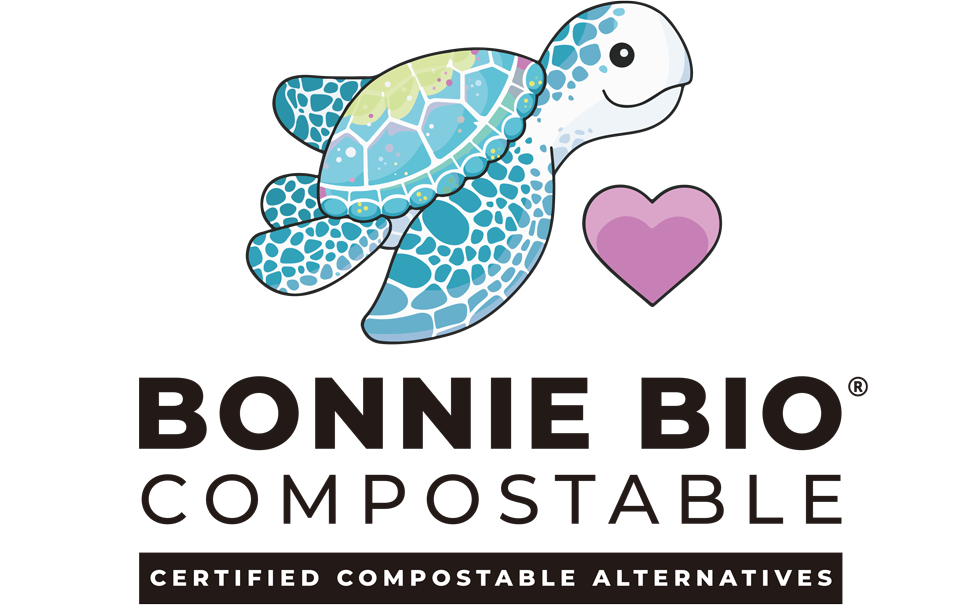What is Compostable?
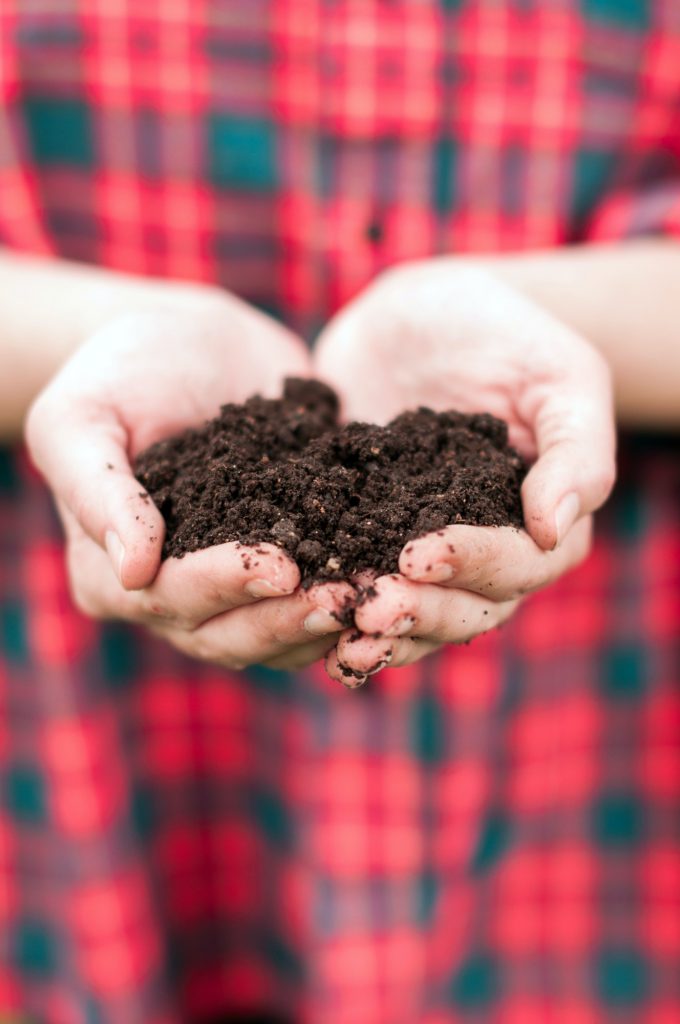

Composting refers to the biodegradation process of a mixture of substrates carried out by a microbial community composed of various populations within the aerobic conditions and the solid state. The process of biodegradation is an exothermic process and produces heat which in turns causes an increase of the temperature of the substrate.
This stage is called the thermophilic stage , which is a spontaneous
process, which is followed by two mesophilic stages. The microbial community changes through the different stages of composting as the environment changes. The final product of the composting process is carbon dioxide, water and biomass (minerals and stabilized organic matter) Temperature, aeration and moisture content effect the composting process and by manipulating these factors one can speed up or slow down the biodegradation process. Extremely high or low temperatures discourage microbial activity and therefore slow down the composting process. Excessive moisture, very dry conditions and poor aeration are also not favourable conditions and therefore will
affect the rate of substrate biodegradation. Particle size of the substrate also influences how long it takes to fully decompose, for example the rate of breakdown for saw dust will be higher than that of a tree trunk if both were exposed to the This is an important concept to understand when considering the rate of decomposition of Bonnie Bio products, which is effected by the same factors influencing the degradation of other substrates i.e. Carden cuttings.
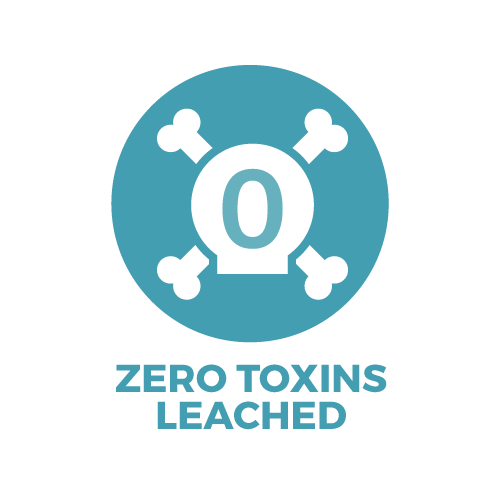

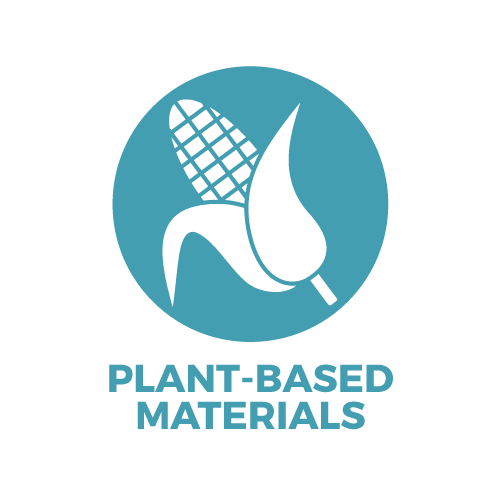

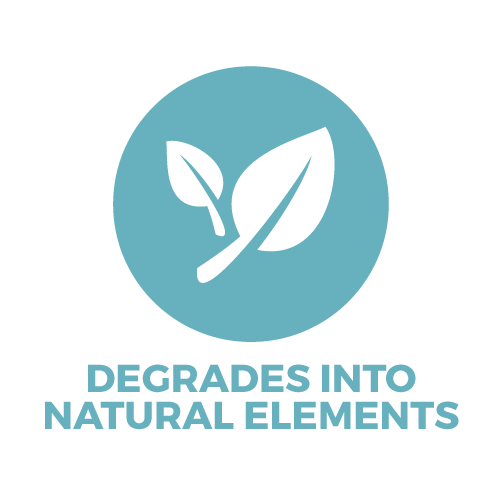





Our Location
-
Bonnie Bio Technology Co. LTD
Building 13, Zhaoshang Jianzhu, No. 89, Zhaoshang Avenue, Zhangzhou Development Zone, Zhangzhou, Fujian, China (Mainland) - info@bonniebiocompostable.com

